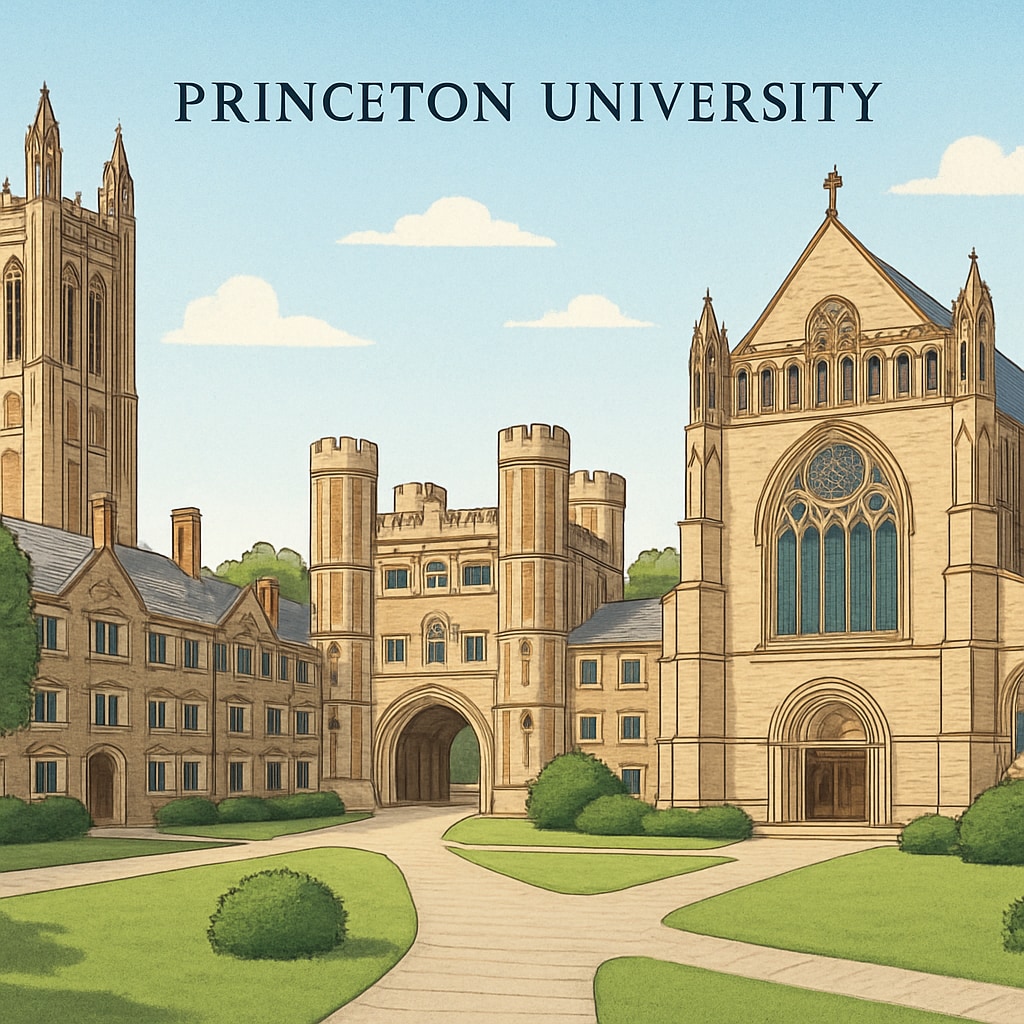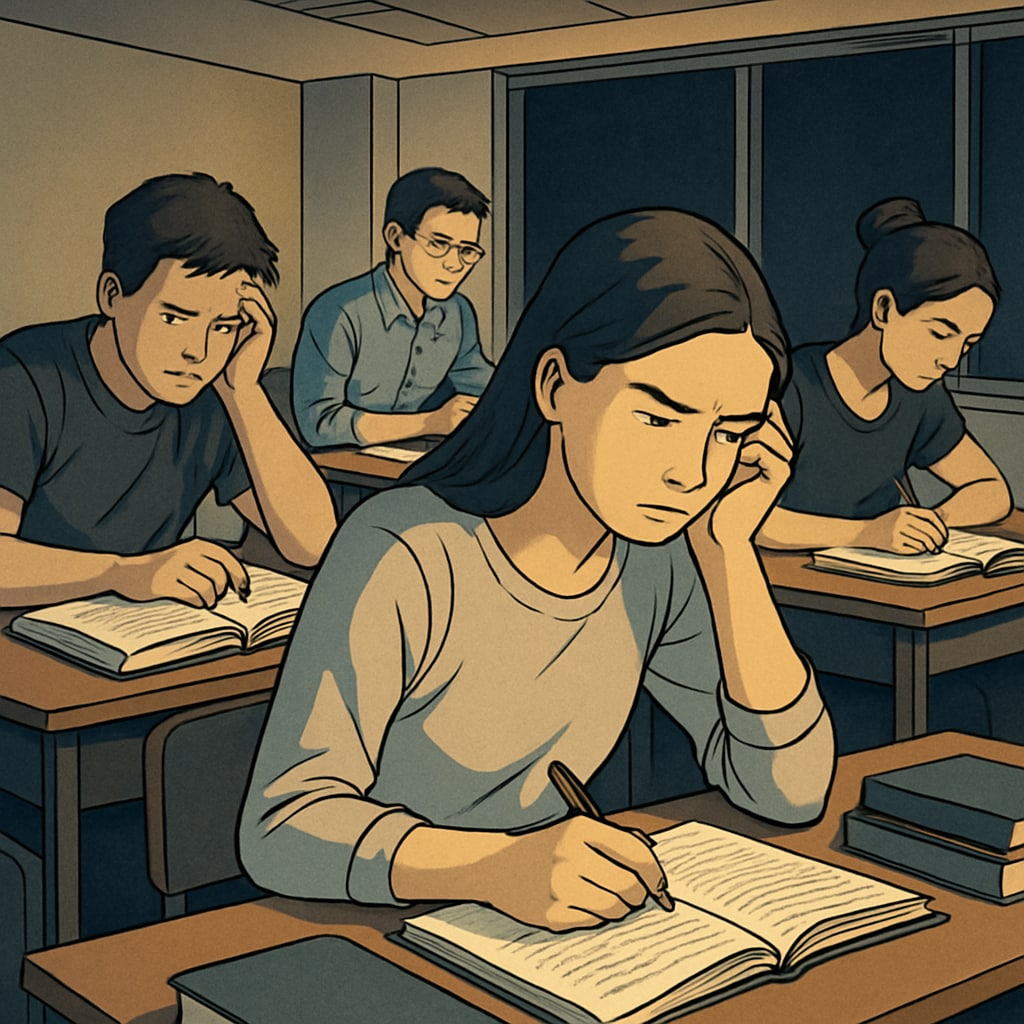The reputation of Princeton and other Ivy League universities is often seen as the pinnacle of higher education. The elite status of these institutions, including their long history and cultural significance, has contributed to their over-glorification. However, critics are beginning to question whether the actual educational value provided by these schools justifies their societal reputation. Furthermore, the undue emphasis on Ivy League institutions may have unintended consequences on K-12 students, fostering a culture of competition, stress, and unrealistic aspirations.
The Overhyped Reputation of Ivy League Institutions
The Ivy League, a group of eight prestigious private universities in the northeastern United States, is often considered synonymous with academic excellence, unparalleled resources, and high social status. Princeton, for instance, is celebrated for its rigorous academics, renowned faculty, and influential alumni network. However, studies have shown that attending an Ivy League school may not guarantee significantly better career outcomes compared to less elite institutions. According to a Britannica entry on the Ivy League, much of the allure of these schools is rooted in tradition and exclusivity rather than measurable academic superiority.
Critics argue that the “Ivy League brand” capitalizes on societal biases that equate prestige with quality. While these schools undoubtedly offer excellent resources, smaller public or lesser-known private universities also provide high-quality education at a fraction of the cost. The question remains: Are students paying for the education itself, or for the social connections and name recognition?

Impacts on K-12 Students: Unrealistic Expectations
The glorification of Ivy League schools has trickled down to the K-12 education system, creating a culture of undue pressure among students. Many high schoolers are pushed to strive for Ivy League acceptance, often at the expense of their mental health and personal development. This competitive environment encourages students to focus on building a “perfect” resume rather than pursuing genuine interests or passions.
Moreover, the intense focus on Ivy League schools undermines the value of other institutions. Students who fail to gain admission may feel like failures, despite being accepted into excellent universities elsewhere. As a result, the Ivy League’s perceived exclusivity perpetuates a narrow and harmful definition of success.

Rethinking the True Value of Higher Education
To address this issue, society must shift its focus from prestige to purpose. Higher education should be about equipping students with the skills, knowledge, and experiences needed to contribute meaningfully to society. Institutions outside the Ivy League, such as state universities and liberal arts colleges, often excel in these areas but are overlooked due to lack of brand recognition.
For example, public universities like the University of California system or the University of Texas have produced leaders in science, technology, business, and the arts. These schools offer diverse opportunities and are more accessible to a broader demographic of students. By celebrating a wider range of educational institutions, we can create a more equitable and inclusive academic landscape.
Conclusion: While Princeton and other Ivy League schools have undoubtedly earned their place in history, their modern-day reputation deserves critical scrutiny. By challenging the Ivy League myth, we can foster a more balanced approach to higher education and reduce the pressure placed on K-12 students. Ultimately, the goal should be to nurture well-rounded individuals who can thrive in any environment—not just within the walls of an exclusive institution.
Readability guidance: This article uses short paragraphs and clear transitions to improve flow. Lists and external links are included for a richer reading experience. Passive voice and long sentences are kept to a minimum.


